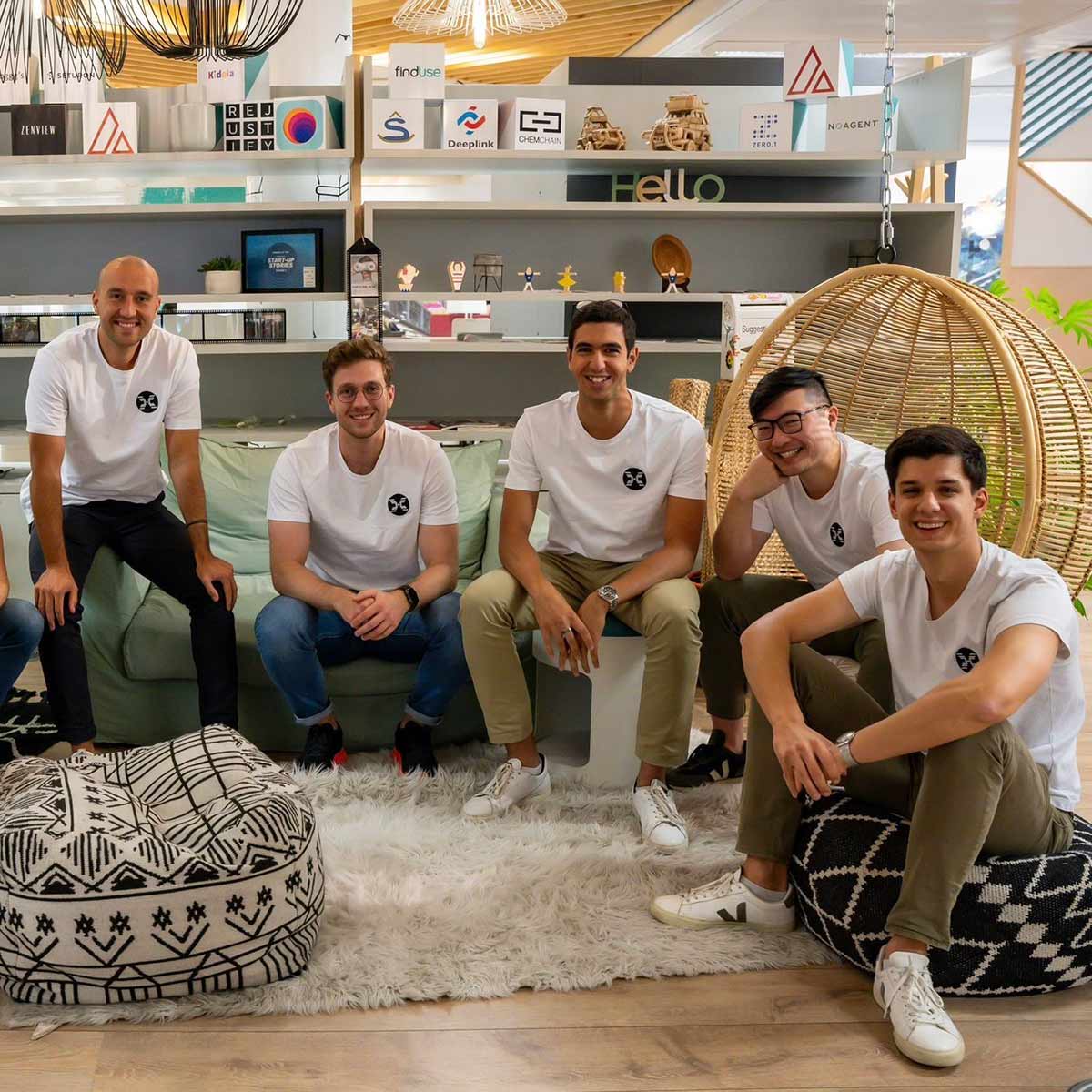
Luxembourg
Nearly half of the population are foreign nationals, and over 200,000 additional cross-border workers commute in daily, creating a uniquely transnational labor market. Meanwhile, Luxembourg lands in the top ten of the Economist’s Democracy Index and the top five EU nations on Transparency International’s Corruption Perceptions Index, reflecting high political stability and minimal red tape, thus creating a low-risk, innovation-friendly environment for founders.
An international engine
As a founding member of the EU, NATO and the eurozone, Luxembourg plays a central role in European governance and is home to several European institutions, such as the European Court of Justice, the European Investment Bank and the Secretariat of the European Parliament. It is also home to more than 1,500 international companies, including Amazon EU, PayPal, Ferrero, ArcelorMittal and SES. Many chose Luxembourg as a base for expansion due to its favorable regulatory environment, which combines streamlined company formation with tailored support for innovation through public-private agencies like Luxinnovation.
It also offers a multilingual workforce. English is widely used in business, especially in startups and financial services, and French, German and Luxembourgish are also official languages. Nearly 70% of Luxembourg’s workforce comprises foreign residents or cross-border commuters from France, Belgium and Germany, positioning the country as a central meeting point in the European market. Six out of ten workers hold a university degree – one of the highest rates in Europe. Thanks to high education levels and an emphasis on digital skills and life sciences, the country also ranks third in the 2024 IMD World Talent Ranking.
Startup Luxembourg and a state-supported ecosystem
The national initiative Startup Luxembourg (startupluxembourg.com), supported by the Ministry of the Economy, acts as an entry and an amplifier for the country’s startup ecosystem. It offers resources for international founders looking to enter the market, including a searchable startup database, global promotion and partnerships with key innovation actors. Public-private institutions such as Luxinnovation (luxinnovation.lu) and the Luxembourg Chamber of Commerce offer additional support for R&D, business development and market expansion. “Our goal,” says Lex Delles, Minister of the Economy, SME, Energy and Tourism, “is to encourage the creation of new innovative startups, support the growth of scaleups, and attract international entrepreneurs and investors to Luxembourg.”
The country is home to over 700 startups and scaleups across sectors such as fintech, healthtech, cleantech, space, manufacturing and data infrastructure. Luxembourg has invested strategically in building hubs and clusters, including the House of Startups (host.lu), which unites incubators such as the Luxembourg-City Incubator, LHoFT (Luxembourg House of Financial Technology). The national tech incubator Technoport also plays a central role in supporting early-stage ventures with prototyping labs, coaching and network access. “Startups and entrepreneurs are at the heart of Luxembourg’s innovation ecosystem, shaping the country’s future,” says Carlo Thelen, CEO of the Luxembourg Chamber of Commerce. “Their ambition drives progress, creates high-quality jobs and transforms bold ideas into market-ready solutions.”
Startups benefit from simplified legal structures such as the SARL-S (the simplified limited liability company), efficient R&D and access to IP incentives, as well as from high data protection standards aligned with GDPR. The country’s stable legal system, political neutrality and transparent governance further enhance its appeal to international founders.
A data-driven testbed for innovation
Luxembourg positions itself as a launchpad for data-driven ventures. Thanks to robust data protection laws and advanced IT infrastructure, the country has attracted companies working at the intersection of AI, cybersecurity and finance. The Ministry of the Economy also supports projects in quantum computing and high-performance computing through national and EU programs.
Space technologies also represent a major frontier. The Luxembourg Space Agency runs the national Space Resources initiative, encouraging commercial exploration of space resources. With strong legal and R&D frameworks, Luxembourg is one of the few countries with a dedicated strategy for space startups.
In 2024, the European Innovation Scoreboard named Luxembourg #1 in the EU for its attractive research system for the third consecutive year. The country’s commitment to innovation extends into clean energy, smart mobility and industrial digitization, reinforced by public-private partnerships and EU funding programs.
Living and working in Luxembourg
Luxembourg regularly ranks among Europe’s top countries for safety, quality of life and economic stability. According to the OECD, Luxembourg has one of the highest per capita GDPs in the world, reflecting strong purchasing power and public investment, and it spends over 20% of its GDP on social protection, placing it among the highest in Europe. The country also provides extensive social services and modern infrastructure: universal healthcare, free public education (including multilingual early childhood programs) and unemployment and parental leave schemes.
In March 2020, it became the first country in the world to make all public transport (buses, trains and trams) free for both residents and visitors. This initiative, financed by public funds, supports climate goals by reducing car dependency and traffic congestion while promoting social inclusion and equal access to mobility. The measure is part of a broader sustainable mobility strategy outlined in the Modu 2.0 plan, which aims to increase public transport use by 25% by 2035 and invest heavily in multimodal infrastructure, including expanded rail lines and bike lanes.
Luxembourg offers a soft landing for international entrepreneurs: fast business registration processes, multilingual public services and accelerator programs targeted at foreign founders. Programs like Fit 4 Start (fit4start.lu), operated by Luxinnovation, offer up to €150,000 (~$167,000) in equity-free funding for innovative early-stage companies.
The government’s strong coordination across ministries, research institutions and incubators helps translate policy into execution, offering founders feedback loops and access to a continent-wide customer base.
Facts and Figures
Foreign nationals comprise 47% of the population and nearly 70% of the workforce (Migration Partnership Facility, 2024).
The 2024 European Innovation Scorecard ranked Luxembourg as #1 in the EU for attractive research systems.
Luxembourg ranks #2 globally for talent competitiveness and #5 in highly skilled foreign talent attraction (IMD World Talent Ranking 2025).
Luxembourg’s startups and scaleups raised €151 million (~$168 million) in funding in 2023, supported by a network of 246 active funds (Sifted, 2024).
Annual ridership on Luxembourg’s trams increased to around 31.7 million trips in 2024, benefiting from the country’s fare-free public transport system introduced in 2020 (RTL Today).
Startups
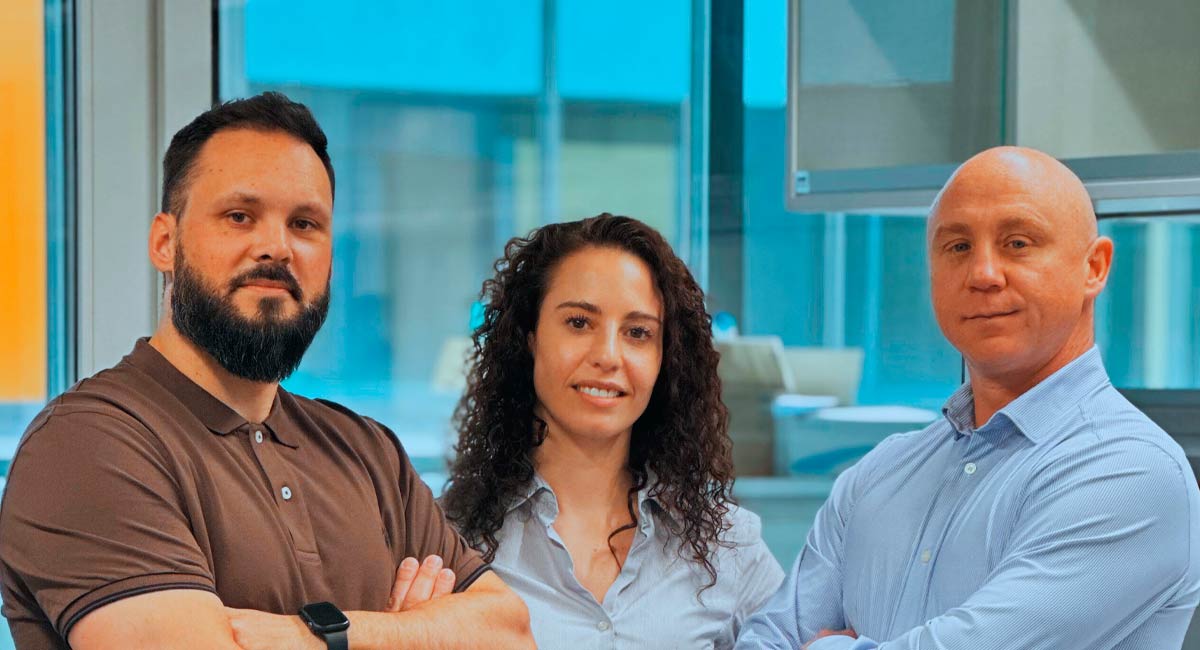

Exobiosphere’s in-orbit research platform leverages microgravity to create unique disease models and reveal hidden biological mechanisms, enabling breakthrough discoveries unattainable on Earth. By improving diagnostics and therapeutics and accelerating discoveries in aging, immune disorders and cancer, it is reshaping the future of human health.


Hydrosat’s goal is to help the world grow more food with less water. It uses high-resolution thermal imagery from space to detect early signs of water stress in agriculture, helping governments and industries address food insecurity before it becomes a crisis and monitoring crop health with precision.


MarketLeap, an ecommerce operating system, helps direct-to-consumer (D2C) brands scale faster by simplifying marketplace selling. The platform uses automation and AI to streamline listings, inventory and operations across multiple sales channels, resulting in an average of 400% growth for brands in just three months.
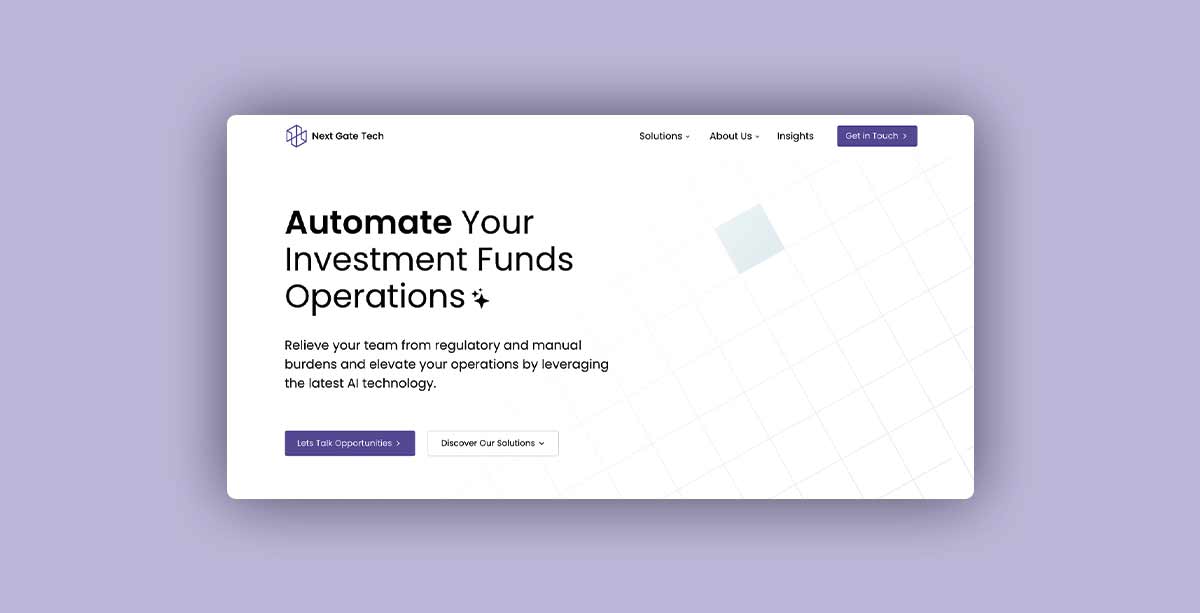

Next Gate Tech, built on advanced cloud and AI technologies, brings automation and intelligence to the operations of the fund industry. The platform helps asset managers and service providers streamline operations, reduce risk and gain strategic data insights all through a single interface.


OQ Technology, the world’s first satellite-based 5G IoT operator, delivers seamless global connectivity for industrial assets in remote and hard-to-reach areas. Its hybrid satellite-cellular terminal supports GSM, LTE-M and NB-IoT standards, enabling low-cost, low-power and secure data transmission across sectors from logistics to agriculture.


Passbolt is an open-source password- and credential-management platform designed for teams. Its end-to-end encryption and unique public-private key architecture ensures the secure sharing of sensitive data. Its collaborative features support granular access control, making it ideal for modern engineering teams and scalable operations.


Salonkee is a digital booking platform that simplifies appointments for hair, beauty and wellness services. With 24/7 access, users can quickly search, book and manage appointments from their phone, complete with automated reminders and updates.
Interviews
Programs to know about
Founders turning space technologies into commercial ventures
A bridge between research and entrepreneurship, ESRIC supports early-stage ventures and scaleups through the Start-up Support Programme (SSP), the first global incubation program focused on space resources; and the Space Resources Accelerator, which helps scaleups develop applications for the lunar economy.

Early-stage tech startups with sustainable, innovative solutions
Fit 4 Start, Luxembourg’s leading acceleration program, offers founders a powerful mix of equity-free funding, expert coaching and strategic support to scale in Europe. It focuses on digital ventures that integrate dimensions related to one or more pillars of sustainability: people, planet and prosperity.

Tech scaleups ready to partner with Vodafone
ScaleUp X by Tomorrow Street is an acceleration program designed to fast-track innovative tech scaleups into Vodafone’s global supply chain. Through curated introductions, direct access to Vodafone decision-makers and expert-led sessions, startups gain unique opportunities to co-develop solutions and scale within a corporate environment.

Mission-driven startups from Luxembourg
This 12-week accelerator supports high-potential startups with hands-on mentorship, direct investor connections and seed investment. It focuses on founders that embrace sustainability and drive systemic change. To date, gener8tor’s 1,400+ alumni have raised more than $2 billion in follow-on funding.

Funding Opportunities
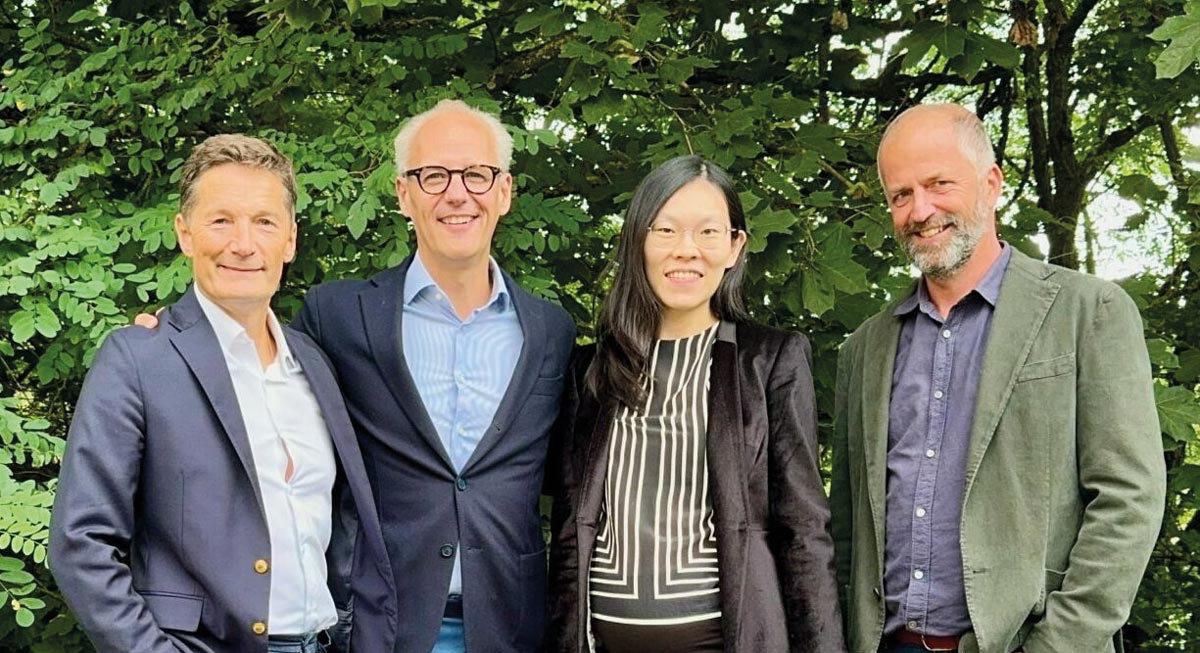

Expon Capital, with strong ties to the EU, the US, Israel and China, has a track record of backing entrepreneurs who transform industries. It operates the Digital Tech Fund, a public-private seed-stage fund that accelerates the growth of Luxembourg’s digital economy.
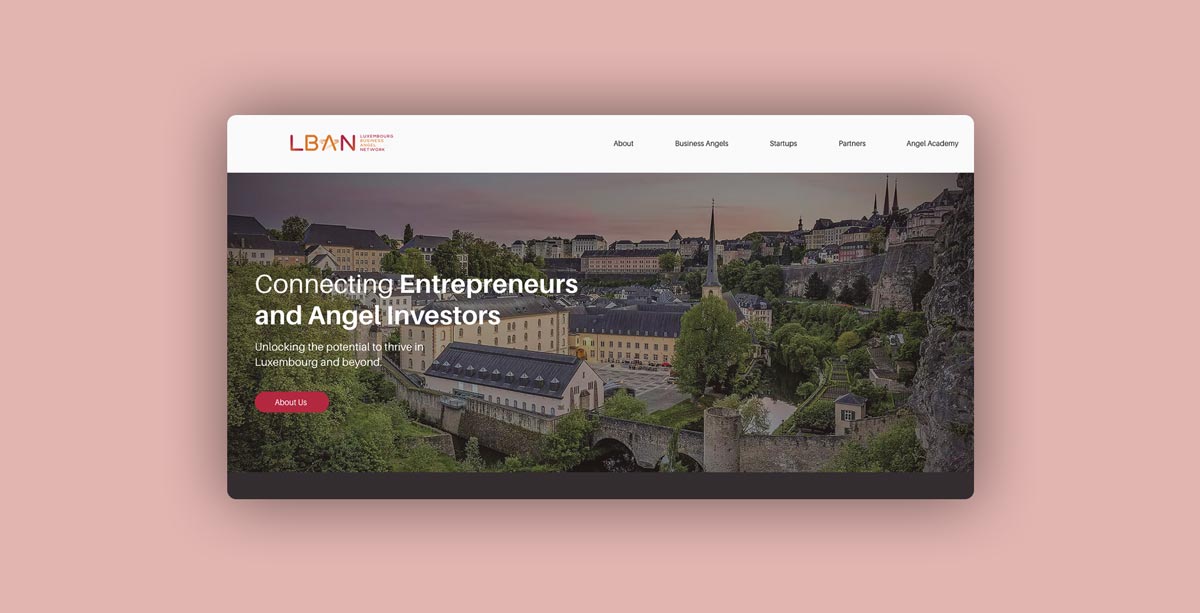

LBAN connects private investors with innovative, scalable startups, offering tools, training and strong deal flow. With a network of over 170 business angels and close ties to public institutions, it actively supports ventures in Luxembourg and beyond.
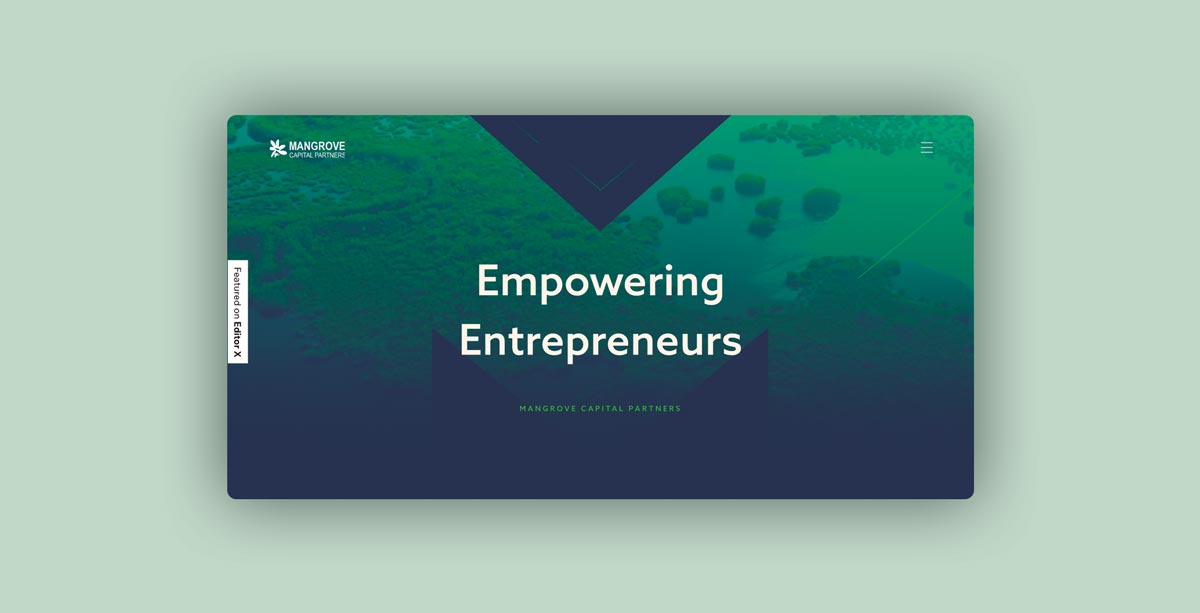

Mangrove, with its bold, contrarian mindset and global outlook, champions visionary entrepreneurs with the ambition to reshape industries and the world and offers hands-on support through every stage. Dealroom's 2023 VC ranking placed it among the top ten VCs in Europe.
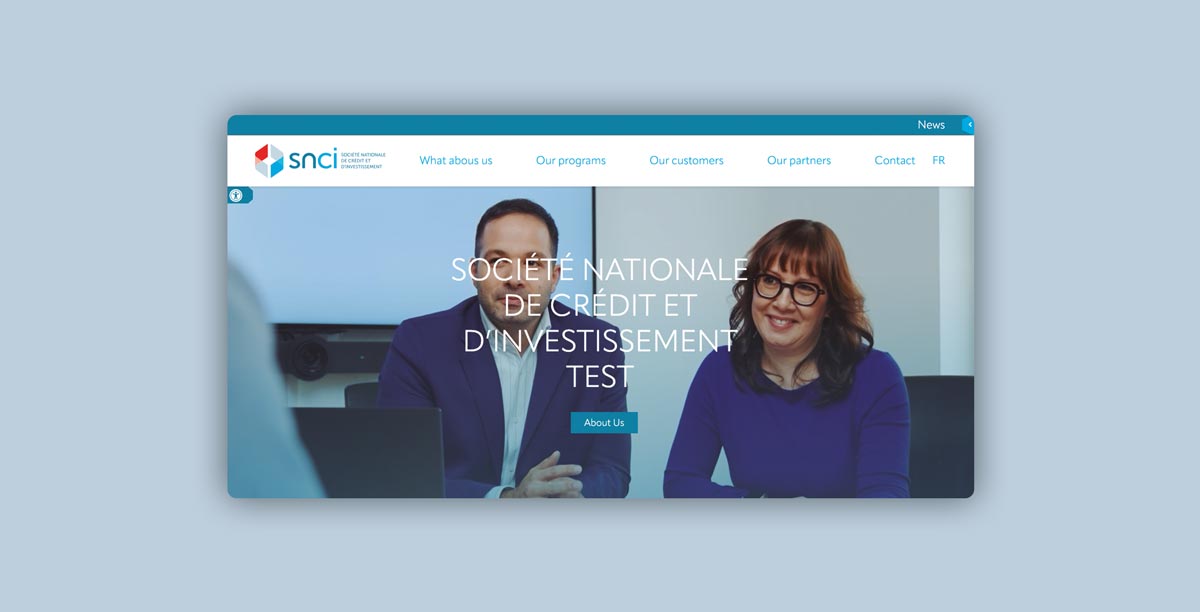

SNCI is a public-law banking institution that provides co-financing and strategic loans for company creation, development, innovation and succession, focusing especially on SMEs. SNCI also invests through initiatives such as the Luxembourg Future Fund and via VC partnerships.
Urban Impact Solutions
This community-driven app empowers individuals to tackle litter pollution one bag at a time. The initiative began as a grassroots movement and evolved into a global cleanup platform that connects citizens, municipalities and companies. By gamifying and rewarding everyday cleanups, CSFN turns environmental action into a collaborative and accessible experience, directly contributing to cleaner urban and natural spaces. With a goal to clean 1 million kg of waste by 2026, CSFN is redefining civic engagement as a scalable urban impact solution.

ClimateCamp is a platform that helps companies accurately calculate and reduce their carbon footprint across the entire value chain. By combining automated emissions tracking with supplier engagement tools, ClimateCamp enables businesses to improve Scope 3 (indirect emissions) data accuracy by up to 40% and meet key sustainability standards such as CSRD and SBTi. The platform empowers organizations to collaborate with over 1,000 suppliers, set reduction targets and share emissions data easily, accelerating real progress toward net-zero goals.

WEO provides scalable and affordable environmental analytics by combining global satellite data with advanced machine learning. Its mission is to support sustainability with regularly updated insights for risk management, vegetation monitoring and urban planning. With a multidisciplinary team and strong research partnerships, including Horizon Europe projects, WEO develops operational, long-term solutions rather than one-off studies. The company ensures that clients worldwide can access actionable, high-resolution data to address environmental challenges and build a sustainable future.


